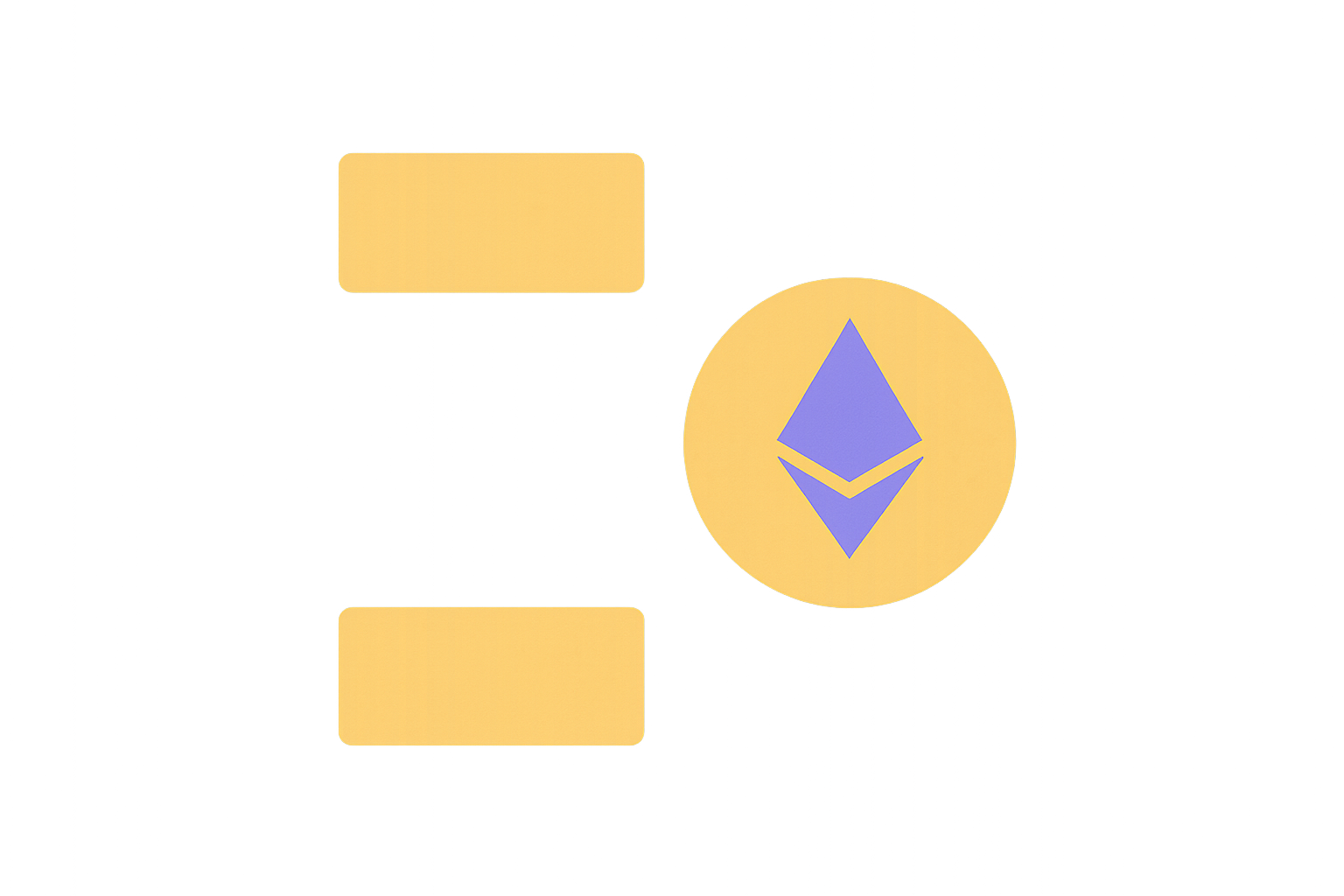BCDNet nedir: Dijital deneyimi dönüştüren yeni nesil içerik dağıtım ağı

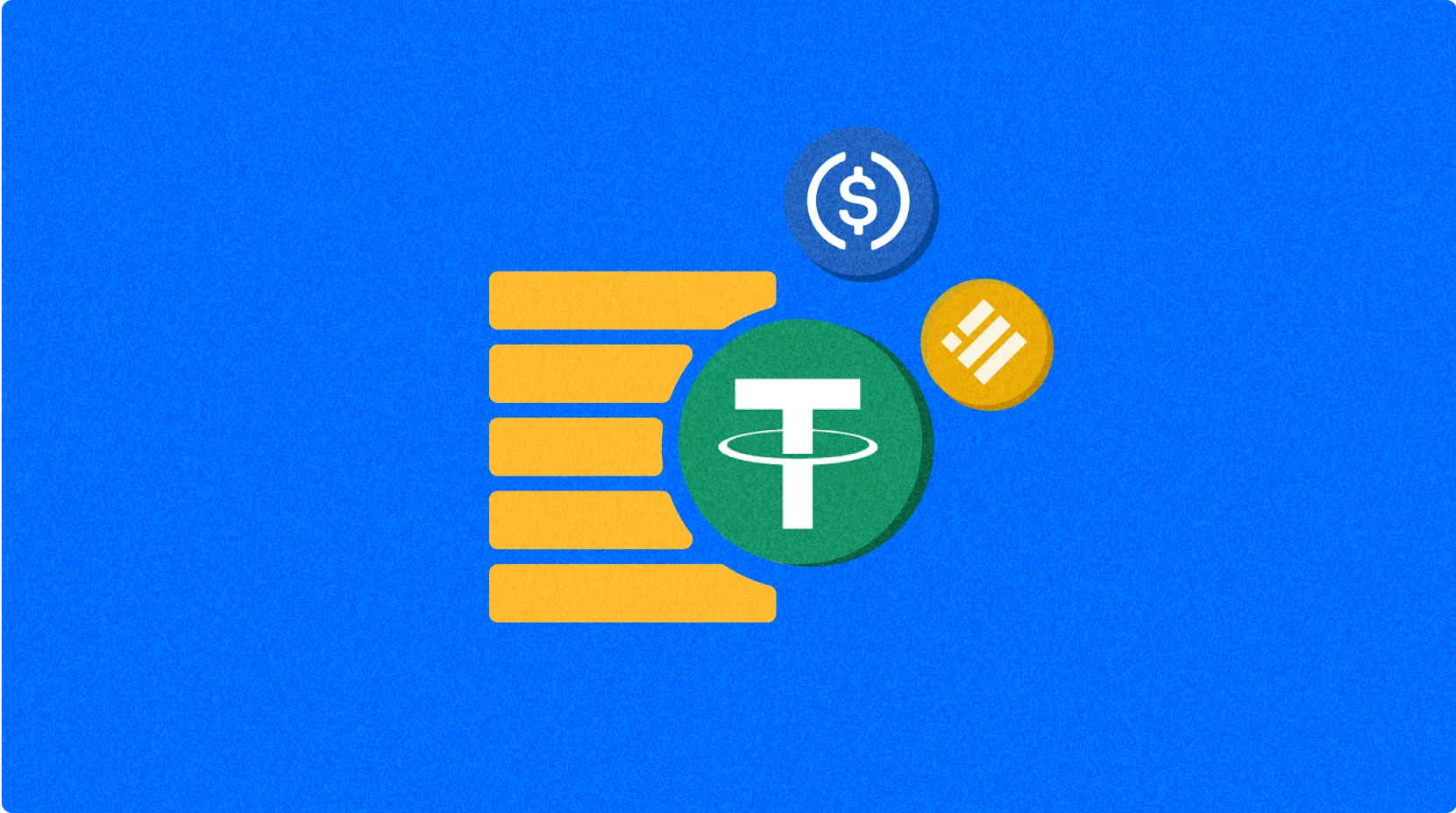
BlockCDN'nin Konumu ve Önemi
BlockCDN (BCDN), 2017 yılında Ethereum akıllı kontratları üzerine kurulu dağıtık bir CDN sistemi olarak piyasaya sürüldü. Proje, verimsiz ve yüksek maliyetli içerik dağıtım ağları sorununu çözmeyi amaçlıyor.
Merkeziyetsiz CDN platformu olarak BlockCDN, içerik dağıtımı ve ağ hızlandırma alanında kritik bir rol oynuyor.
2025 itibarıyla BlockCDN, CDN sektöründe yenilikçi bir proje haline geldi; boşta cihaz katkıcılarından oluşan büyüyen bir ağ ve aktif bir geliştirici topluluğu ile dikkat çekiyor. Bu makalede, teknik mimarisi, piyasa performansı ve gelecekteki potansiyeli ayrıntılı şekilde incelenecek.
Köken ve Gelişim Süreci
Kuruluş Arka Planı
BlockCDN, geleneksel CDN hizmetlerinde yaşanan yüksek maliyet ve verimsizlikleri gidermek amacıyla 2017'de geliştirildi. Blockchain teknolojisinin yükselişi sırasında ortaya çıkan proje, boşta kalan internet cihazları ve merkeziyetsiz ağları kullanarak içerik dağıtımında devrim yaratmayı hedefledi.
BlockCDN'nin lansmanı, daha hızlı ve ekonomik CDN hizmeti arayan web sitesi sahipleri ile boşta bant genişliğini gelir elde etmek isteyenler için yeni olanaklar sundu.
Önemli Dönüm Noktaları
- 2017: Ana ağ devreye alındı, Ethereum akıllı kontratlarıyla dağıtık CDN hizmetleri başlatıldı.
- 2018: 7 Ocak'ta tüm zamanların en yüksek fiyatı olan $0,283911'e ulaştı.
- 2022: 13 Mayıs'ta tüm zamanların en düşük fiyatı $0,00008231 oldu.
Topluluk ve geliştirme ekibinin desteğiyle BlockCDN, CDN alanında teknolojisini, güvenliğini ve gerçek kullanımını sürekli olarak geliştiriyor.
BlockCDN Nasıl Çalışır?
Merkeziyetsiz Kontrol
BlockCDN, dünyanın dört bir yanına yayılmış bilgisayarlardan (node) oluşan merkeziyetsiz bir ağda çalışır ve geleneksel CDN sağlayıcılarının merkezi kontrolüne olan ihtiyacı ortadan kaldırır.
Node'lar iş birliği yaparak CDN hizmeti sağlar; sistemin şeffaflığı ve saldırı dayanıklılığı garanti edilirken, kullanıcılara daha fazla özerklik ve ağın sağlamlığı sunulur.
Blockchain Temeli
BlockCDN'nin blockchain'i, tüm işlem ve hizmetleri kaydeden kamuya açık, değiştirilemez bir dijital defterdir.
İşlemler bloklar halinde gruplanır ve kriptografik hash’lerle birbirine bağlanarak güvenli bir zincir oluşturulur.
Herkes kayıtları görebilir; bu sayede aracı olmadan güven inşa edilir.
Adil Sistemin Sağlanması
BlockCDN, işlemlerin doğrulanması ve dolandırıcılığın önlenmesi için Ethereum’un konsensüs mekanizmasını kullanır.
Node operatörleri, boşta internet cihazları ve bant genişliğini paylaşarak ağın güvenliğini sağlar, karşılığında BCDN token ile ödüllendirilir.
Projenin yeniliği, mevcut boşta kaynakları kullanarak CDN hizmetlerini daha verimli ve ekonomik sunmasında yatıyor.
Güvenli İşlemler
BlockCDN, işlemlerin güvenliğini sağlamak için Ethereum'un açık-özel anahtar şifreleme teknolojisini kullanır:
- Özel anahtarlar (gizli şifre gibi) işlemleri imzalar
- Açık anahtarlar (hesap numarası gibi) sahipliği doğrular
Bu sistem, fonların güvenliğini sağlarken işlemler Ethereum blockchain üzerinde takma isimle gerçekleşir.
Ayrıca akıllı kontratlar, hizmet sunumu ve token ödüllerinin sürecini otomatikleştirip güvence altına alır.
BCDN'nin Piyasa Performansı
Dolaşım Özeti
02 Kasım 2025 itibarıyla BCDN'nin dolaşımdaki arzı 346.445.342,60801333 token, toplam arzı ise 1.000.000.000.
Fiyat Dalgalanmaları
BCDN, 07 Ocak 2018'de tüm zamanların en yüksek seviyesine $0,283911 ile ulaştı. En düşük fiyatı ise $0,00008231 ile 13 Mayıs 2022'de gerçekleşti. Bu dalgalanmalar, piyasa duyarlılığını, benimseme trendlerini ve dışsal etkenleri gösteriyor.
Güncel BCDN piyasa fiyatını görmek için tıklayın
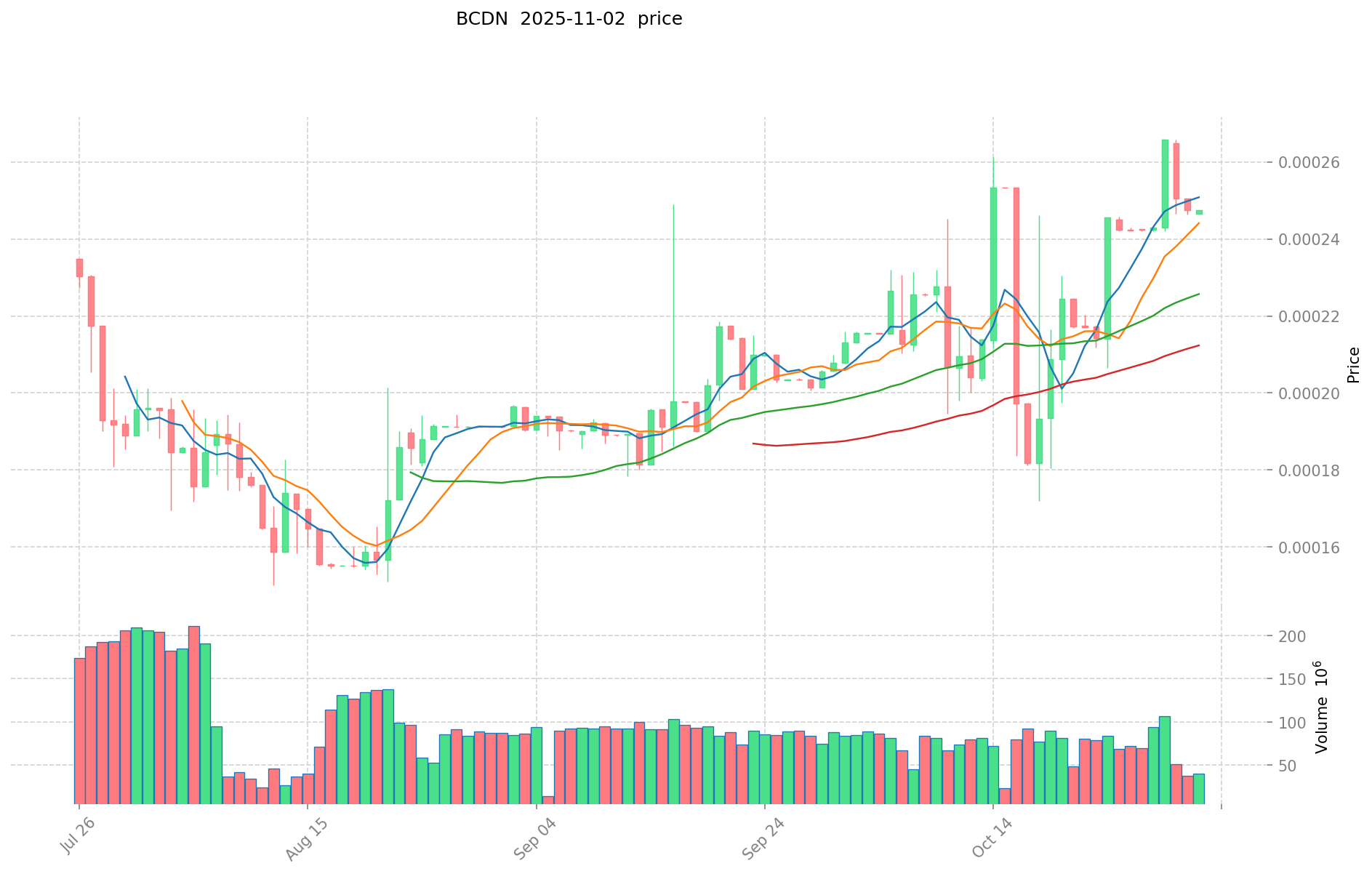
Zincir Üstü Metrikler
- Günlük İşlem Hacmi: $10.126,3412046 (ağ aktivitesini gösterir)
- Aktif Adresler: 33.470 (kullanıcı katılımını yansıtır)
BlockCDN Ekosistemi: Uygulamalar ve Ortaklıklar
Temel Kullanım Senaryoları
BlockCDN ekosistemi çeşitli uygulamaları destekler:
- CDN Hizmetleri: Dağıtık içerik dağıtım ağı ile daha hızlı ve ekonomik içerik dağıtımı.
- Blockchain Tabanlı Mutabakat: Bant genişliği katkıcılarına otomatik ve şeffaf ödemeler için akıllı kontratlar.
Stratejik Ortaklıklar
BlockCDN, teknolojisini ve piyasa etkisini güçlendirmek için Ethereum ağı ile iş birliği yaptı. Bu ortaklıklar, BlockCDN ekosisteminin büyümesi için sağlam bir temel oluşturuyor.
Tartışmalar ve Zorluklar
BlockCDN şu zorluklarla karşı karşıya:
- Teknik Sorunlar: Ethereum blockchain’de ölçeklenebilirlik ve ağ tıkanıklığı
- Regülasyon Riskleri: Merkeziyetsiz ağlar ve token sınıflandırmalarına ilişkin olası denetimler
- Rekabet Baskısı: Diğer blockchain tabanlı CDN çözümlerinin ortaya çıkışı
Bu başlıklar, topluluk ve piyasada tartışmaları tetikleyerek BlockCDN’nin yenilikçi gelişimini hızlandırıyor.
BlockCDN Topluluğu ve Sosyal Medya Ortamı
Topluluk İlgisi
BlockCDN topluluğu, 33.470 sahip ile 2 Kasım 2025 itibarıyla orta düzeyde aktif.
X platformunda ilgili gönderiler ve hashtag’ler (ör. #BlockCDN) zaman zaman öne çıkıyor.
Fiyat hareketleri ve proje gelişmeleri ise topluluk ilgisini artırıyor.
Sosyal Medya Algısı
X platformunda algı dengeli bir tablo çiziyor:
- Destekçiler, BlockCDN'nin merkeziyetsiz CDN yaklaşımını ve maliyet avantajını övüyor; projeyi "içerik dağıtımında dönüştürücü" olarak görüyor.
- Eleştirmenler, benimsenme zorlukları ve Ethereum ağının sınırlamalarına odaklanıyor.
Son dönemdeki eğilimler, piyasa dalgalanmaları arasında temkinli bir iyimserlik gösteriyor.
Gündem Başlıkları
X kullanıcıları BlockCDN'nin token faydası, ağ performansı ve ana akım CDN’e entegrasyon potansiyelini tartışıyor, hem dönüştürücü etkisini hem de yaygınlaşma önündeki engellerini vurguluyor.
BlockCDN Hakkında Daha Fazla Bilgi Kaynağı
- Resmi Web Sitesi: Özellikler, kullanım alanları ve güncellemeler için BlockCDN'nin resmi sitesini ziyaret edin.
- White Paper: BlockCDN'nin white paper'ı teknik mimarisi, hedefleri ve vizyonunu ayrıntılı olarak sunar.
- X Güncellemeleri: X platformunda BlockCDN, @BlockCDN hesabını kullanıyor; 2 Kasım 2025 itibarıyla proje güncellemeleri, topluluk etkinlikleri ve teknik tartışmalar paylaşılıyor.
BlockCDN Gelecek Yol Haritası
- Ekosistem Hedefleri: CDN node ağı genişletilecek, içerik sağlayıcılar arasında benimsenme artırılacak
- Uzun Vadeli Vizyon: Merkeziyetsiz içerik dağıtım altyapısında lider olmak
BlockCDN'ye Nasıl Katılabilirsiniz?
- Satın Alma Kanalları: BCDN token'ı Gate.com üzerinden satın alın
- Depolama Çözümleri: BCDN'yi saklamak için güvenli Ethereum uyumlu cüzdan kullanın
- Ağa Katkı Sağlayın: Boşta bant genişliği ve cihazlarınızı paylaşarak CDN node'u olun
- BlockCDN'de Geliştirici Olun: Projenin GitHub deposunda geliştirme kaynaklarına erişin
Özet
BlockCDN, blockchain teknolojisiyle içerik dağıtımını yeniden tanımlayarak merkeziyetsiz ve ekonomik CDN hizmetleri sunuyor. Yenilikçi yaklaşımı, aktif geliştirme süreci ve geleneksel CDN modellerini dönüştürme potansiyeliyle kripto para alanında öne çıkıyor. Benimsenme zorlukları ve blockchain ölçeklenebilirliği gibi engellere rağmen, BlockCDN'nin yenilikçi vizyonu ve kararlılığı onu merkeziyetsiz içerik dağıtımında gelecekte önemli bir oyuncu haline getiriyor. İster yeni başlayan ister deneyimli bir kripto yatırımcısı olun, BlockCDN yakından izlenmeye ve keşfedilmeye değer bir projedir.
Sıkça Sorulan Sorular
BPN nedir?
BPN, Web3 ekosisteminde iş ortaklarını birbirine bağlamak ve yönetmek için kullanılan Business Partner Network ifadesinin kısaltmasıdır.
FBCDN nedir?
FBCDN, Facebook'un statik içerikleri (örneğin fotoğraflar) küresel çapta dağıtmak için kullandığı Content Delivery Network’tür. İçerik dağıtımını optimize ederek yükleme sürelerini azaltır ve kullanıcı deneyimini artırır.

LPT nedir: Satır Yazıcı Terminalini Anlamak ve Bilgisayar Tarihindeki Yeri

BCDN nedir: Blockchain tabanlı İçerik Dağıtım Ağı’nı anlamak

BugsCoin (BUGS): Ethereum Tabanlı NFT Projesi Yenilik Analizi
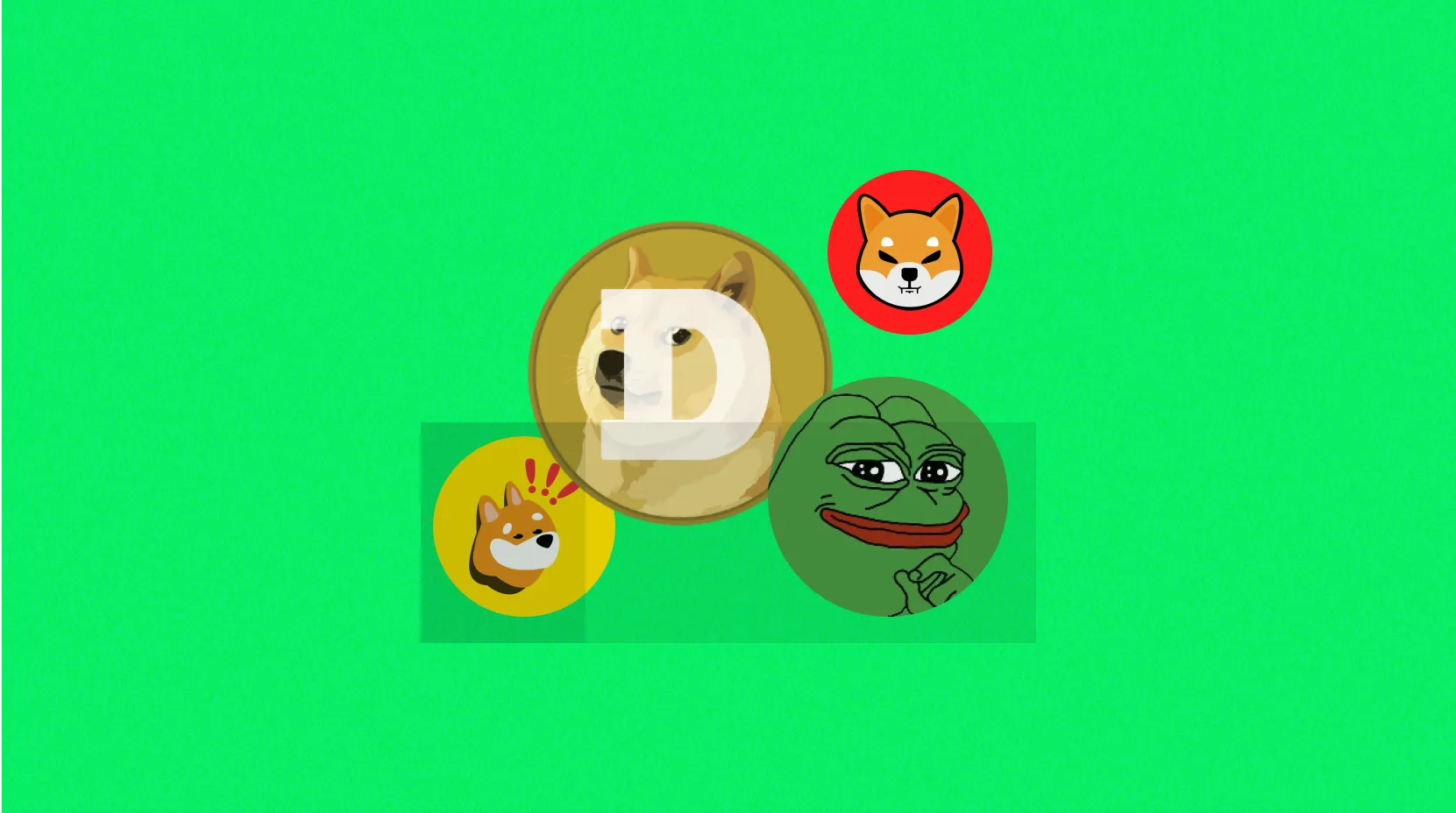
GRT nedir: The Graph Protokolü ve Yerel Token’ı Hakkında Bilgilendirme

2025 yılında Akash Network (AKT) topluluğu ile ekosistemi ne ölçüde aktif?

NOS nedir: Nitrous Oxide System ve otomotiv performansındaki uygulamalarını anlamak
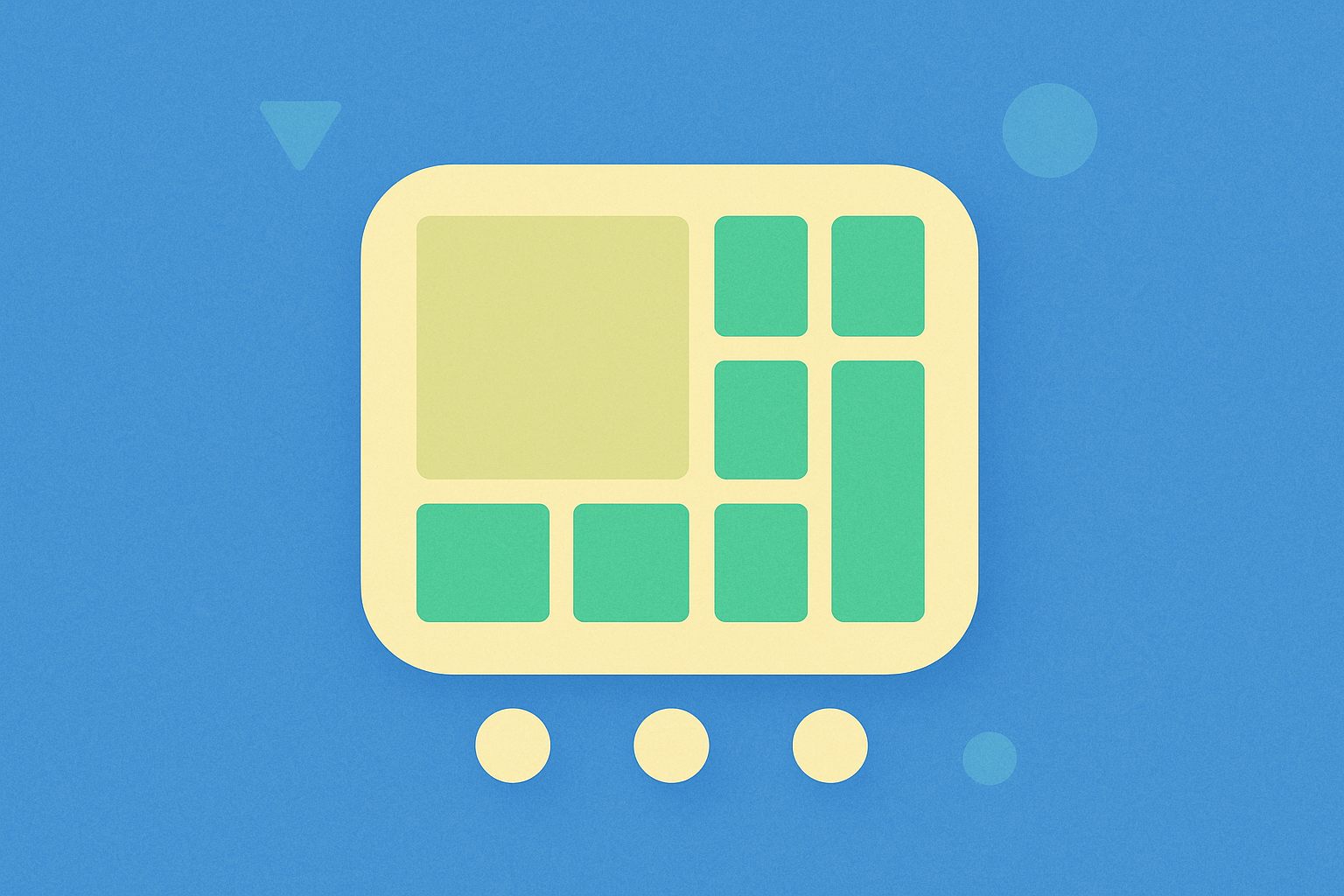
Kripto Para Borsası Klon Scripti Fiyatlandırmasıyla İlgili En Sık Sorulan Sorular | Sektör Uzmanlarının Değerlendirmeleri
